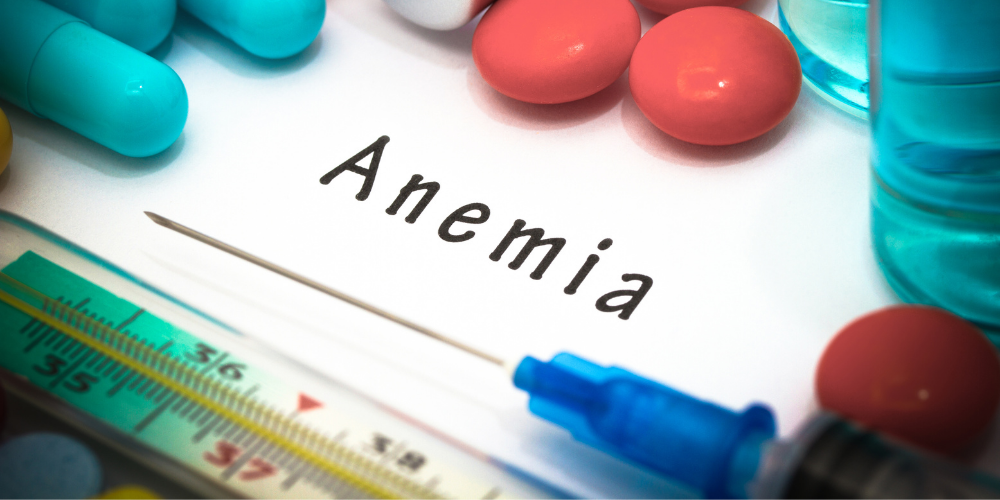
Iron and Sport: Why Athletes Need More of It

Iron is an essential mineral for everyone, but even more so for those who participate in physical activity. Athletes, in fact, require more iron than the general population, and a deficiency—even without full-blown anemia—can compromise performance.
Why iron is important for athletes
Iron is essential for many vital functions:
-
transports oxygen through hemoglobin ;
-
participates in the activity of numerous enzymes ;
-
It is involved in the production of ATP , the “energy currency” of cells.
Those who practice high-intensity sports or in particular conditions, such as altitude training , may require higher iron levels. In general, while around 30 micrograms/liter of ferritin is sufficient for the general population, the optimal value for athletes at altitude rises to 50 micrograms/liter .
Iron deficiency without anemia
Iron deficiency in athletes doesn't always result in anemia. Hemoglobin levels may remain normal, but:
-
ferritin drops below 30 micrograms/liter (or below 100 in case of inflammation);
-
transferrin saturation drops below 20%.
Under these conditions, athletic performance may be reduced, even without obvious symptoms of anemia.
How to intervene
When iron levels are low, supplements may be helpful. However, it's always best to consult a professional: chronic iron overload not only doesn't improve performance, but can also have negative health effects.
Regular monitoring, combined with a balanced and personalized diet, is the best strategy for maintaining optimal iron stores and best supporting athletic activity.


